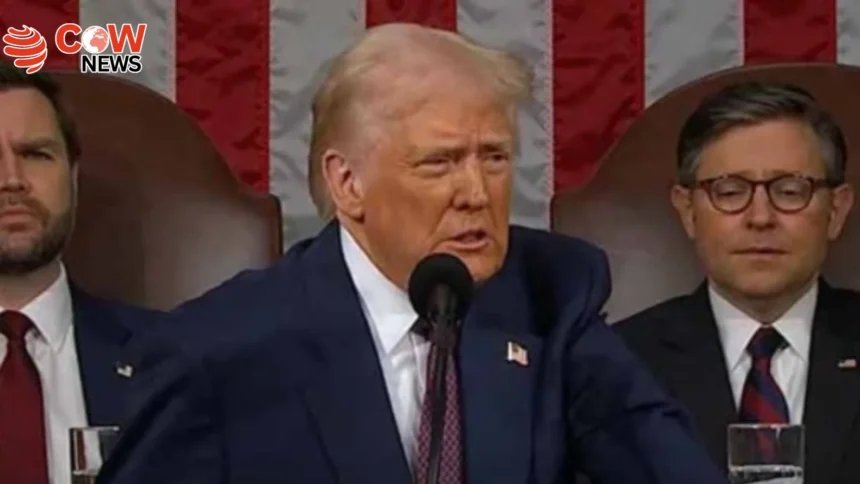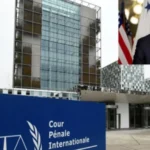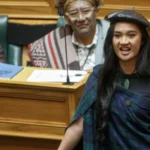Former U.S. President Donald Trump has once again claimed credit for brokering a ceasefire between the nuclear-armed neighbors India and Pakistan, sparking fresh controversy and sharp reactions from New Delhi.
During a recent meeting with German Chancellor Frederick Mertz at the White House, Trump told reporters, “I am proud that I stopped the war between two nuclear states. I told both countries if you fire bullets, trade will stop.” He further praised Pakistan’s leadership, stating, “Pakistan has very strong leadership,” signaling his confidence in the country’s government.
This is not the first time Trump has made such assertions. Over the past several years, he has repeatedly claimed that his intervention led to the ceasefire agreement between India and Pakistan, a claim that has often been met with skepticism and outright denial from Indian officials.
The Indian government, led by Prime Minister Narendra Modi, has consistently rejected Trump’s version of events. India maintains that the ceasefire was a bilateral decision reached independently by New Delhi and Islamabad without any external mediation.
Last month, India’s Foreign Secretary Vikram Misri addressed a parliamentary committee and firmly denied Trump’s involvement. Misri stated, “The ceasefire was entirely bilateral. Trump was not allowed to intervene; rather, he inserted himself into the process without permission.” This statement underlined New Delhi’s frustration with what it views as unwarranted claims by the former U.S. president.
Trump’s claims first surfaced prominently on May 10, when he announced on his social media platform, Truth Social, that India and Pakistan had agreed to a ceasefire. His declaration was met with swift rebuttals from Indian officials, who accused him of trying to take credit for a diplomatic success that was the result of long-standing negotiations between the two countries.
The India-Pakistan ceasefire remains a sensitive topic given the decades of conflict and tensions between the two neighbors, including multiple wars and frequent skirmishes along the Line of Control in Kashmir. Both nations have nuclear weapons, making peace efforts crucial not just regionally but globally.
Trump’s praise of Pakistan’s leadership also drew mixed reactions. While many in Pakistan welcomed the endorsement as a sign of international support, Indian leaders and analysts criticized it as one-sided and potentially provocative.
Experts suggest that Trump’s repeated claims may be aimed at maintaining relevance in international affairs and appealing to his political base, particularly given his frequent emphasis on strong leadership and peace deals during his presidency.
Meanwhile, the Modi government continues to stress that India’s foreign policy decisions are sovereign and handled independently, dismissing any suggestion of foreign intervention in critical matters such as the India-Pakistan ceasefire.
As Trump persists in revisiting his claimed role in the peace process, the diplomatic waters between India, Pakistan, and the United States remain somewhat unsettled. Analysts caution that overstating one’s role in delicate regional matters can complicate ongoing efforts to sustain peace in South Asia.
For now, the ceasefire holds, but the political rhetoric around it continues to fuel debates in both countries and on the international stage.







